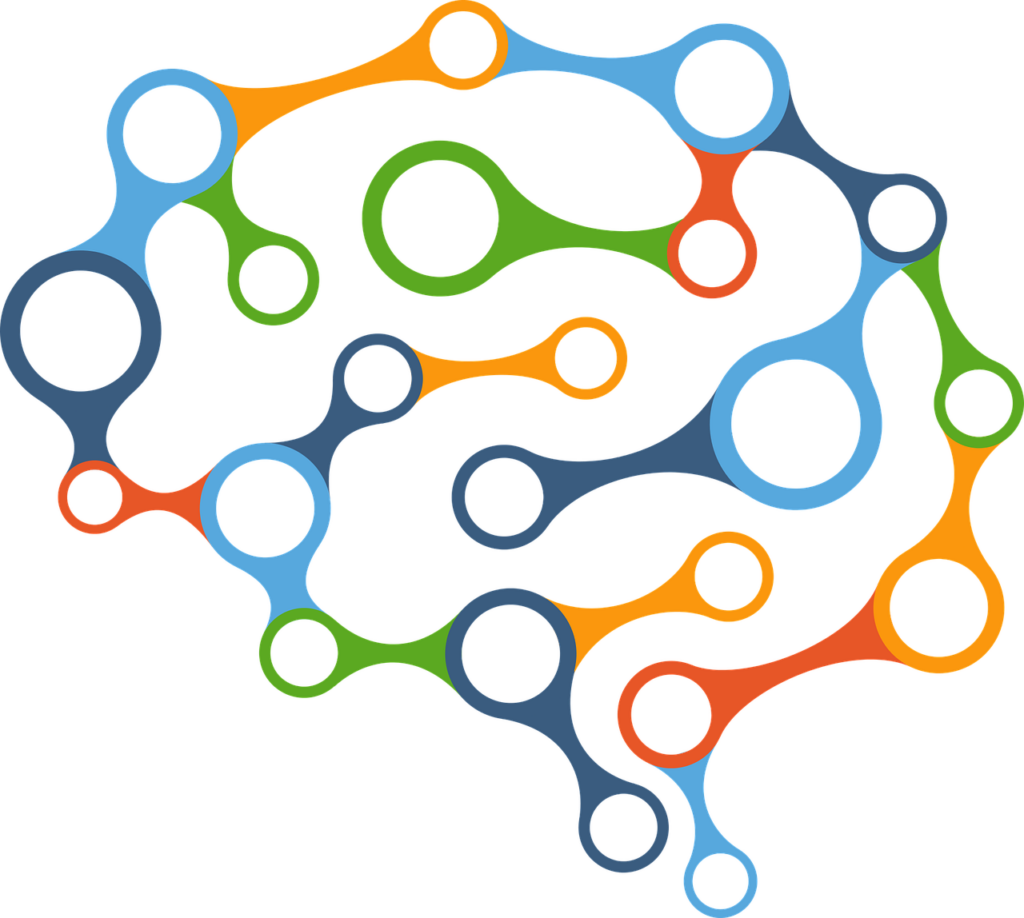Stress is a natural response to life’s challenges, and it can even be beneficial in small doses. It helps individuals stay alert and motivated, respond quickly to danger, and tackle difficult tasks. However, when stress becomes overwhelming and persistent, it can transform into what is known as “toxic stress,” causing significant harm to both the body and mind. This type of stress occurs when the body’s stress-response system is activated for extended periods without sufficient support or relief, leading to profound psychological and physiological impacts. Understanding how the mind and body deal with toxic stress is crucial to recognizing when stress has gone too far.
The Nature of Toxic Stress
Toxic stress is a term often associated with chronic stressors that have severe consequences. These stressors might include poverty, abuse, neglect, or violence. But it isn’t limited only to these potential causes. Problems in everyday life, employment, relationships, children, and money worries can also play a part, as can many other triggers that profoundly impact someone.
When faced with these conditions, the brain triggers the release of stress hormones such as cortisol and adrenaline, which prepare the body for the “fight or flight” response. In normal situations, once the stressor is removed, the body returns to a state of balance. However, in the case of toxic stress, the stressors are constant or repeated over long periods, and the body remains in a heightened state of alert. This ongoing activation of the stress-response system can wear down the body and mind, leading to serious health problems.
Psychological Effects of Toxic Stress
The psychological effects of toxic stress can be profound, especially when it occurs during childhood. For children, it can impede brain development, affect learning abilities, and hinder emotional regulation. In adults, chronic exposure to stress can lead to conditions like anxiety, depression, and post-traumatic stress disorder (PTSD). The mind, when dealing with this type of extreme stress, may develop maladaptive coping mechanisms, such as dissociation, emotional numbness, or hypervigilance. These are survival strategies, but over time, they can exacerbate mental health issues, trapping individuals in a cycle of stress and dysfunction.
One of the major issues with toxic stress is that it alters the way the brain processes information. The amygdala, which is responsible for detecting threats, becomes hyperactive, constantly scanning for danger. This can cause individuals to overreact to minor stressors, amplifying feelings of anxiety and fear. Simultaneously, the prefrontal cortex, which is involved in decision-making and emotional regulation, becomes impaired, making it difficult for the person to manage their responses to stress in healthy ways.
Physiological Impact
The mind’s response to toxic stress is linked to physical health. The persistent release of stress hormones can lead to a range of physical ailments, including cardiovascular diseases, diabetes, and a weakened immune system. Toxic stress rewires the brain and body, leading to long-term damage. For example, the prolonged release of cortisol has been shown to weaken the immune system, making individuals more susceptible to infections and chronic diseases. Additionally, it has been linked to inflammation in the body, which is a major contributor to conditions like heart disease and autoimmune disorders.
Coping with Toxic Stress
The good news is that the harmful effects of toxic stress can be mitigated with the right interventions. Social support plays a vital role in helping individuals cope with stress. Positive relationships with family members, friends, or mentors can mitigate the effects, providing an outlet and support network.
Some tools can be learned and used to reduce and even prevent stressors from becoming overwhelming. HeartMath is a powerful tool that can help not only reduce levels of toxic stress but also prevent stress from reaching dangerous levels in the first place. By focusing on heart-centered techniques, HeartMath encourages individuals to regulate their emotions and manage their stress responses through breathwork, biofeedback, and finding balance and focus.
These techniques help to create coherence between the heart and brain, reducing the release of stress hormones like cortisol and fostering a sense of calm and emotional balance. Regular use of HeartMath can equip individuals with the tools to recognise early signs of stress and respond proactively, preventing stress from escalating to toxic levels. With its proven ability to promote resilience and emotional regulation, HeartMath becomes an essential practice for maintaining long-term mental and physical health.
And Finally…
While stress is an inevitable part of life when it crosses the threshold into toxic stress, it can wreak havoc on both the mind and body. Recognising the signs of this type of stress and seeking support can prevent long-term damage, allowing individuals to regain control and lead healthier, more balanced lives. The mind, though vulnerable to the effects of stress, is also resilient and capable of healing with the right tools and support.





